Will New Senate Bill to End Prescription Drug Ads Pass?
It would ban direct-to-consumer (DTC) ads in broadcast, print and social media.
Senators Bernie Sanders (I-Vt.) and Angus King (I-Maine) just introduced the End Prescription Drug Ads Now Act which would ban broadcast and print direct-to-consumer (DTC) ads as well as those on digital platforms including social media.
Of course major players—drugmakers, biotechs and news media––will fight the bill tooth and nail but consumers may welcome the reprieve from the parade of non-stop hectoring “you may be suffering from…” ads. Lawmakers who oppose the bill no doubt enjoy Pharma funding.
Since DTC was legalized by the US Food and Drug administration (FDA) in 1998, “ask your doctor” ads––mostly for arthritis, diabetes, depression, autoimmune conditions and obesity drugs––have enriched Pharma corporations and stockholders like never before. They have financed news media through fat and lean years like Covid and made almost 80 percent of US adults into prescription drug customers. Yes, advertising works.
Drugmakers reportedly make back five times what they spend on DTC ads: Both amounts are in the billions.
Some medical and public health voices have censured DTC drugs ads for
1. raising healthcare costs by promoting patent drugs over cheaper, generic ones
2. sowing hypochondria (“you might be at risk of”) to create more patients
3. creating buzz for eventually withdrawn and dangerous drugs like Zantac, Belviq or Vioxx
“The American people are sick and tired of greedy pharmaceutical companies spending billions of dollars on absurd TV commercials pushing their outrageously expensive prescription drugs,” says Sen. Sanders. “They want us to take on the greed of the pharmaceutical industry and ban these bogus ads.”
Drug Marketing Downplays Prescription Drug Dangers
Reliable, copious drug ad revenues shape and censure the drug “news” that reaches the public. New drug safety signals are often kicked to the curb during the drug’s patent-protected advertising “honeymoon,” providing millions to settle subsequent lawsuits. (Think statins, menopausal hormone replacement, opioids, SSRIs, fluoroquinolone lawsuits)
“The billions Big Pharma spends on ads, especially for TV and legacy print media, guarantee that network news decision-makers will run only favorable news stories and veto any reporting that casts drugs or drugmakers in a negative light,” says Mary Holland, the CEO of Children’s Health Defense.
New Drugmaker Ventures Are Also Dangerous
Have you seen telehealth apps that solicit “talk to a doctor now!” though they have no connection to a recognizable medical group––and “pop-up” medical offices in strip malls? Both are clinical contrivances to bypass”middlemen”–– legitimate prescribers––and connect drugmakers directly with drug takers. Who remembers how “pain” clinics giving out opioids did just that until they were shut down?
“UnBranded” Ads Sell Disease
Ads that heighten “awareness” of a disease without mentioning the drug being sold are called unbranded. Often, the diseases are given a snappy acronym name like EPI, RA, COPD, OAD, GERD and VMS. Through raising health fears of hitherto unknown diseases, unbranded ads not only drive people to doctors they feed the lucrative health “screening” business, a relatively new monster which also drives people to doctors.
New Self-Diagnosed Diseases
According to Jonathan Slater, MD, writing on MedPage Today, social media has become the main way young people receive their mental health information. Videos “about depression and anxiety featuring personal experiences receive significantly higher engagement than content from healthcare professionals, typically showcasing symptoms with minimal mention of professional diagnosis or treatment,” he writes. The result? The groundswell of young people “living” with bipolar disorder, depression, “OCD,” spectrum and “neurodivergent” disorders like autism and attention-deficit hyperactivity and all of the above. They are diseases which lack lab or blood tests and rely on subjective diagnoses but they confer instant identities and feelings of belonging to young people growing up.
DTC Raids our Tax Dollars
When DTC was legalized, drugmakers were treated to an ongoing profit party courtesy of taxpayers. It continues. Sixty percent of the $560 billion that Medicare and its beneficiaries spend on drugs goes to advertised drugs says the Government Accountability Office.
Yes, as Sen. Sander says, we are sick! “[S]ick and tired of greedy pharmaceutical companies spending billions of dollars on absurd TV commercials pushing their outrageously expensive prescription drugs.” END
For more information on the health effects of DTC please see
“Can anyone remember life before ‘Ask Your Doctor’ ads?” https://www.vice.com/en/article/martha-rosenberg-talks-meat-and-pills/
Do Those Weird Pharmaceutical Ads Do More Harm Than Good?
https://billmoyers.com/2014/11/17/weird-pharmaceutical-ads-patients-harm-good/
Four of the Most Commonly Prescribed Drugs That May Be More Risky Than Big Pharma Is Letting On
https://truthout.org/articles/four-of-the-most-commonly-prescribed-drugs-that-may-be-a-lot-more-risky-than-big-pharma-is-letting-on/
Six Drugs Whose Dangerous Risks Were Buried So Big Pharma Could Make Money
https://truthout.org/articles/six-drugs-whose-dangerous-risks-were-buri
Do You Have Drug Ads-Induced Hypochondria?
https://www.counterpunch.org/2024/12/06/do-you-have-drug-ads-induced-hypochondria/




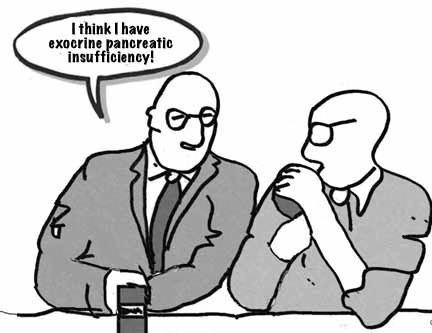

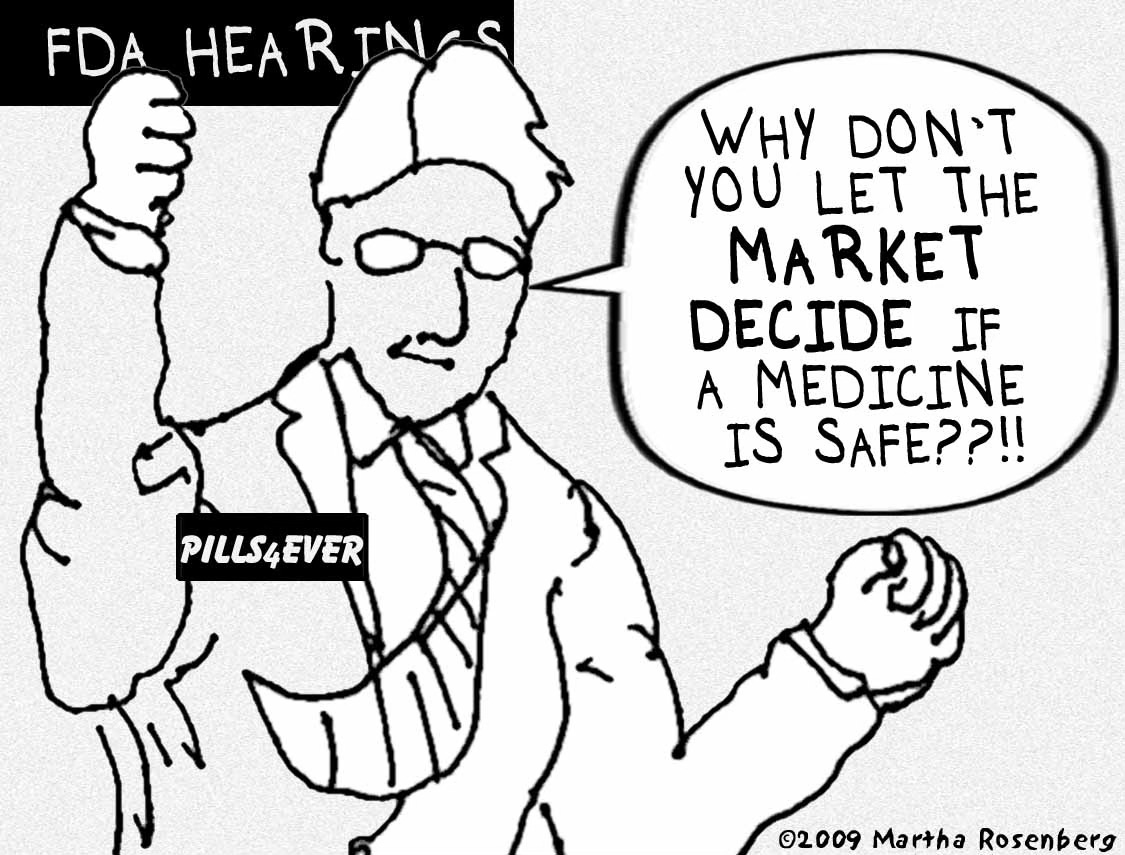
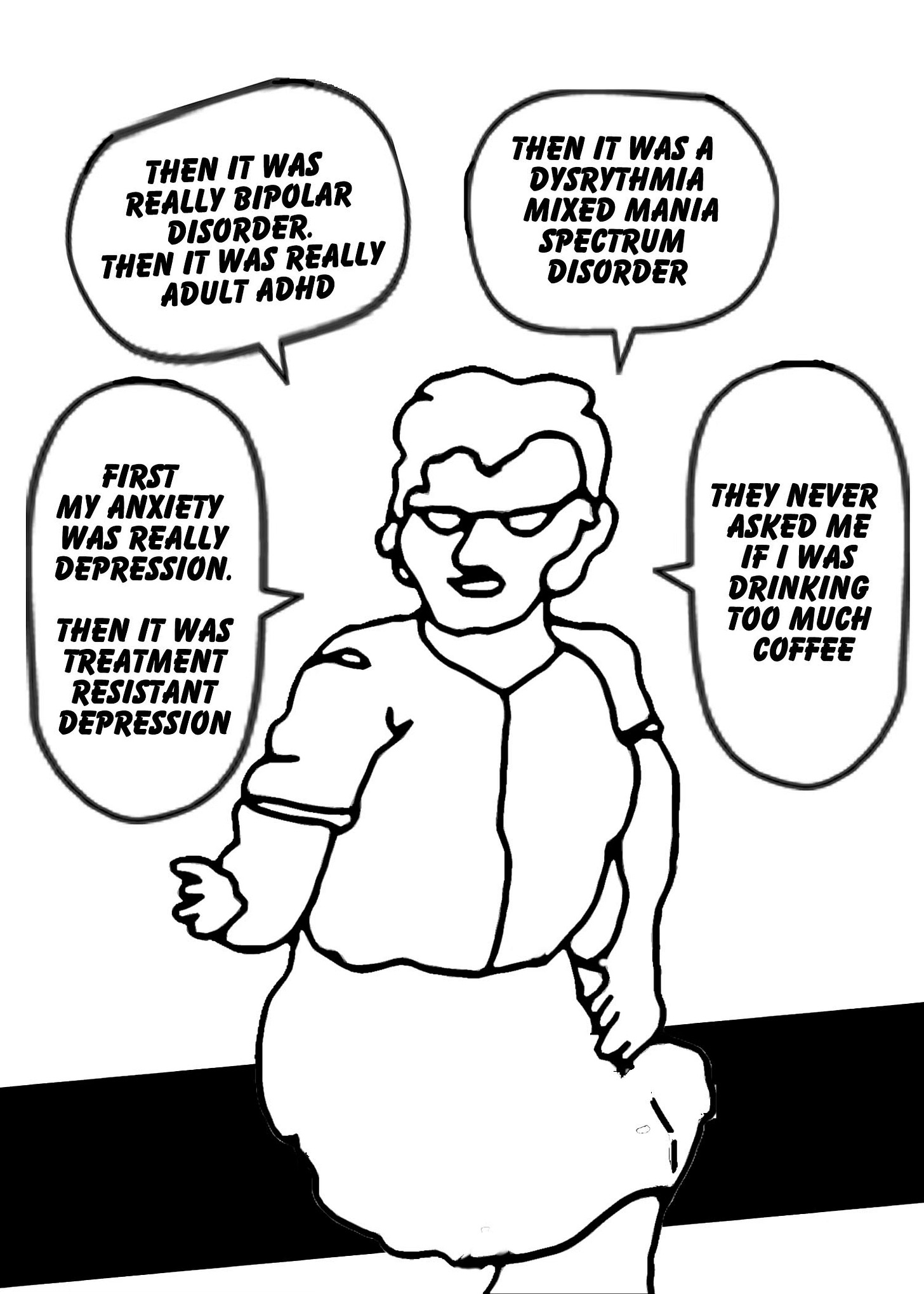
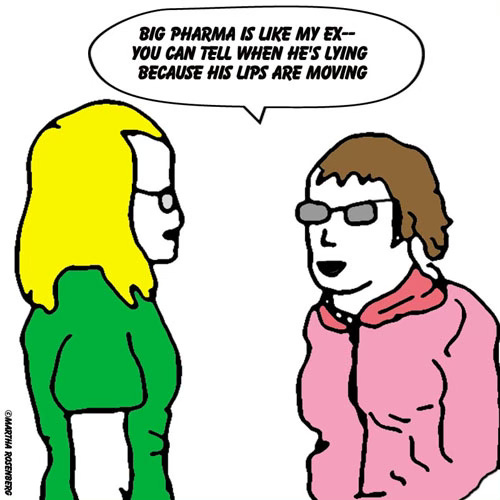
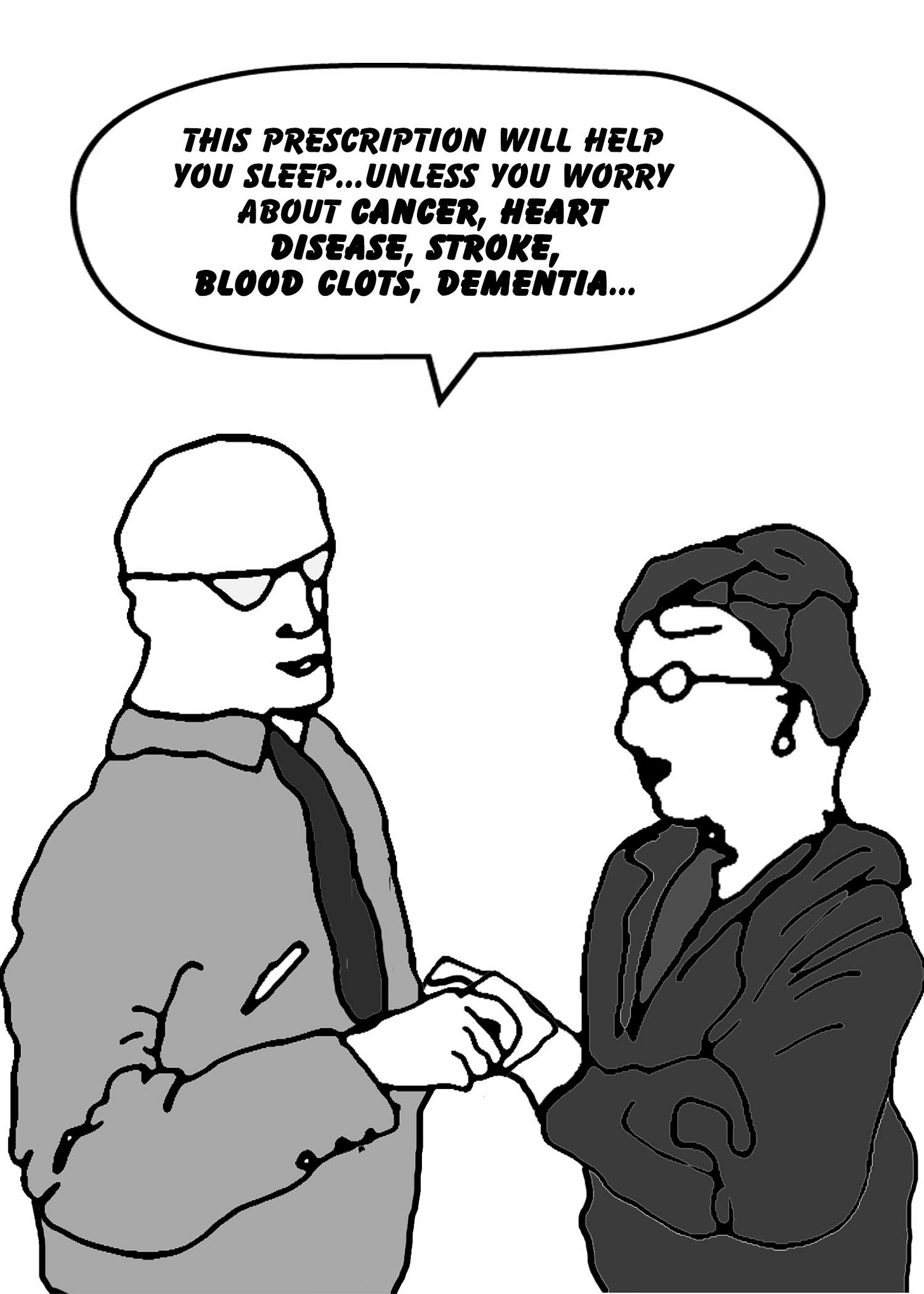

Humans are manipulated by drug ads and meat and pizza ads. But we do have a natural skepticism feature in our brains, we can turn that on and move cautiously with any corporate product.